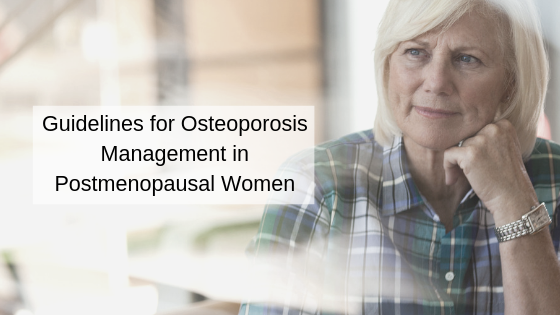If you are a postmenopausal woman with osteoporosis, it’s important to take specific measures to manage bone loss and reduce the possibility of injury. Here are some guidelines you should follow:
What You Should Do
It’s critical that you get adequate amounts of calcium and vitamin D if you are postmenopausal and have osteoporosis. The National Osteoporosis Foundation recommends that women who are over 50 get at least 1200 mg of calcium per day. Likewise, you should take 800-1000 international units (IU) of vitamin D per day.
Exercise is an important part of managing osteoporosis because it builds strength in your bones. Exercise will also strengthen your muscles and improve your balance. Strength training and aerobic exercise are particularly beneficial. No matter what you choose to do, remember to ease into any new workout routine. Start with light weights or low impact exercises until you are more comfortable, then gradually increase your intensity.
One of the most crucial parts of managing osteoporosis is preventing accidents, so you should use caution whenever possible. Don’t take unnecessary risks.
What You Shouldn’t Do
Postmenopausal women with osteoporosis should not smoke. Smoking has been linked to future bone fractures, so it’s best to quit as soon as possible. You also should not drink in excess, because alcohol negatively affects bone health and increases the chance of falling. Try to limit yourself to one drink per day.
Furthermore, be careful not to consume too much caffeine, especially if you’re not getting adequate amounts of calcium daily. Studies have shown that women who drink four or more caffeinated beverages in a day and get less than 700 mg of caffeine per day are at a higher risk of osteoporosis and bone fractures. It’s best to keep your caffeine intake at a moderate level.
Talk to Your Doctor
Ask your doctor for specific recommendations regarding your situation. If you do your best to live a healthy lifestyle, osteoporosis does have to stop you from thriving and enjoying life.
